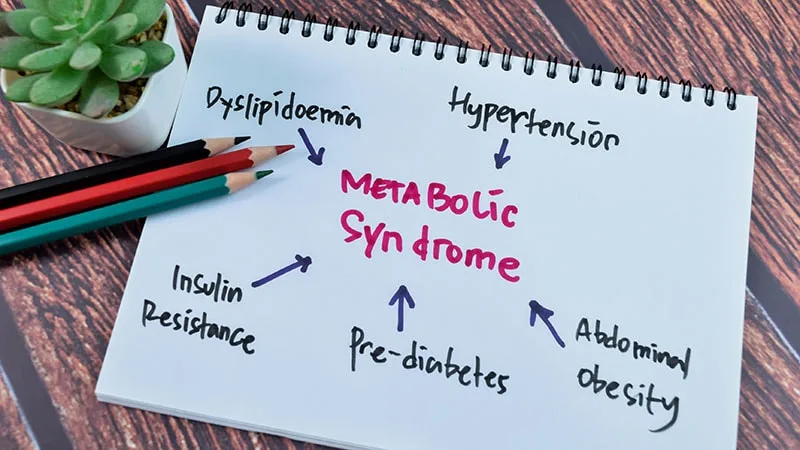Paternal Metabolic Syndrome Impacts Adolescent Cardiometabolic Health
A recent study analyzing data from 5,245 adolescents has revealed a significant link between paternal metabolic syndrome and the cardiometabolic health of their children. The research indicates that sons are particularly vulnerable to the adverse effects of their father’s metabolic condition, while daughters experience a less pronounced impact.
Key Findings
- The study highlights the intergenerational transmission of metabolic health risks.
- Paternal metabolic syndrome is associated with worsened cardiometabolic outcomes in adolescent offspring.
- Boys appear to be more susceptible to the negative impacts compared to girls.
What is Metabolic Syndrome?
Metabolic syndrome is a cluster of conditions that occur together, increasing the risk of heart disease, stroke, and type 2 diabetes. These conditions include:
- High blood pressure
- High blood sugar
- Unhealthy cholesterol levels
- Excess abdominal fat
Impact on Children’s Health
The research suggests that children of fathers with metabolic syndrome may be at a higher risk of developing similar health issues during their adolescent years. This underscores the importance of early intervention and preventative measures.
Boys vs. Girls
The study’s findings indicate a gender-specific difference in the impact of paternal metabolic syndrome. While both sons and daughters are affected, the adverse effects seem to be more pronounced in boys. Further research is needed to fully understand the underlying mechanisms behind this disparity.
Implications and Recommendations
These findings emphasize the need for families to adopt healthy lifestyles to mitigate the risk of metabolic syndrome and its potential impact on future generations. Recommendations include:
- Maintaining a healthy diet
- Engaging in regular physical activity
- Monitoring blood pressure, blood sugar, and cholesterol levels
Final Overview
This study provides valuable insights into the intergenerational transmission of metabolic health risks. By understanding the link between paternal metabolic syndrome and adolescent cardiometabolic health, families and healthcare providers can take proactive steps to promote healthier lifestyles and reduce the risk of chronic diseases.




+ There are no comments
Add yours